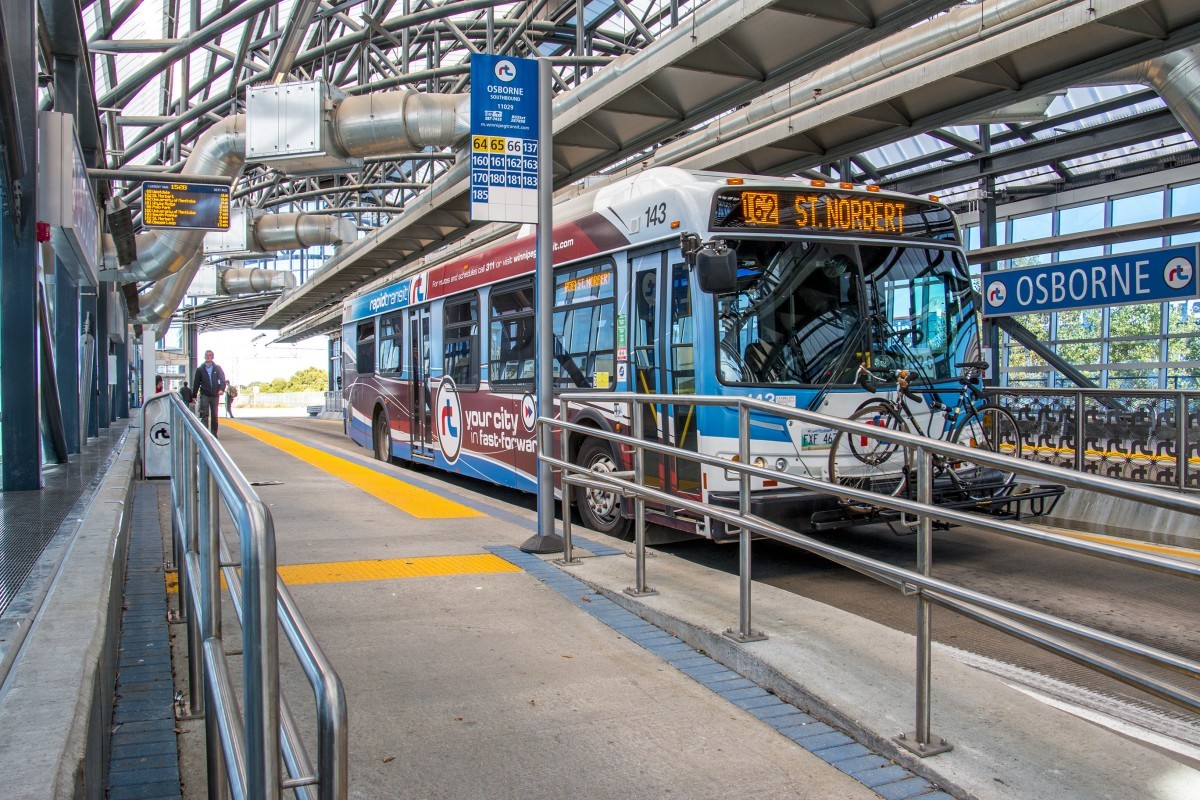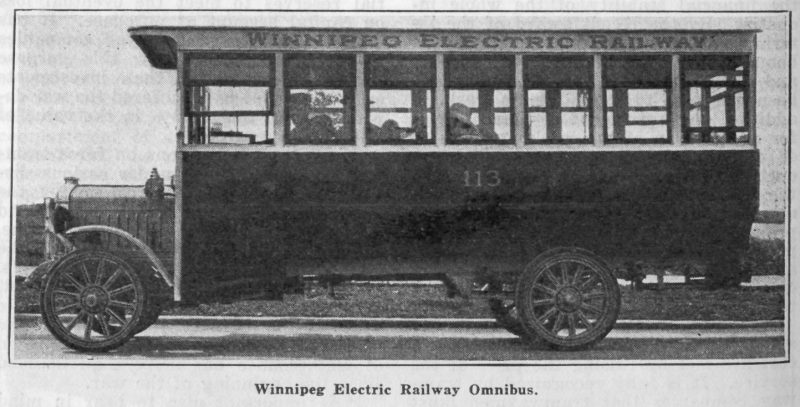
Op-ed: Only one city has a combination of factors that makes it a perfect candidate for battery-electric buses: Winnipeg
The following is an op-ed written by Nazim Cicek, professor and associate head of the department of biosystems engineering. It was originally published in the Winnipeg Free Press on Aug. 22, 2017.
In a recent article, I suggested that Manitoba was well positioned to capitalize on disruptive change that is driven by the global movement to reduce greenhouse gas (GHG) emissions. I would like to provide some concrete examples in which Manitoba can leverage its natural advantages to become a global leader.
Let’s start with a diminutive agent of disruptive change that the majority of Manitobans carry in their pockets. I am not talking about smartphones, but rather, the extremely powerful batteries that smartphones run on. The relentless and fast-paced development in battery technology over the last decade has enabled consumers to carry a single gadget on their person that connects them to the rest of the world through audio, text, photo and video communications, almost making cameras, CD players, fax machines, scanners, VCRs, landlines and even printed text obsolete.
The lithium-ion battery, with ever-improving properties including charge density, cycling efficiency, recharging rate and cost, is currently the prevailing technology (although there are many new alternatives in the works) and is transforming aspects of society beyond communications and media.
Electricity-powered public transit, which was once dominated by trams, trolleys and trains, is making a comeback in the form of battery-electric buses, thanks largely to strong gains in battery technology. In early 2016, the Antelope Valley Transit Authority in Lancaster, Calif., announced that it will become the first 100 per cent electric transit fleet in North America, converting its entire fleet of 85 buses to battery-electric motors supplied by BYD motors, a Chinese bus maker.
NYC transit, a much larger transit authority with 5,700 buses in operation in New York City, has received strong recommendations in a May 2016 report to convert its entire fleet to battery-electric motors on the basis of fuel costs and savings in maintenance for the 12-year lifetime of a transit bus alone.
When benefits to public health through lower particulate matter emissions were included in the analysis (based on lower rates of respiratory and heart disease, less hospitalization and emergency room visits and lost work days), the lifetime cost of the electric bus was less than half of that of a diesel bus. If a price on carbon emissions were in place, the economics improve even further, resulting in a return of investment in higher upfront costs of electric buses and charging stations to less than three years.
Other jurisdictions that have purchased or are in the process of evaluating electric buses include transit authorities in greater Los Angeles, Vienna, London and Chicago. But only one city has a combination of factors that makes it a perfect candidate for battery-electric buses: Winnipeg.
With the presence of a local bus manufacturer with extensive experience in battery-electric buses (New Flyer Industries), one of the lowest electricity costs in the developed world (Manitoba Hydro), a 100 per cent renewable electricity generation mix and a transit authority that has been working with the local utility, bus maker and researchers to test and perfect the on-route charging infrastructure needed to complete the transition, there is no other jurisdiction that can match these conditions.
A closer look at the numbers: using the average monthly bus mileage of 2,300 miles per bus (given by U.S. Department of Energy), the average fuel usage by a diesel bus (2.3 mpg), an average diesel price in Manitoba ($1/L), average electricity usage of an electric bus (2.2 kWh/mile, published by Proterra, another electric bus maker) and current electricity cost in Manitoba ($0.08/kWh), the fuel savings would amount to about $43,000 per bus each year.
The savings due to the lower maintenance cost of an electric bus (no oil/filter change, reduced wear on tires and brakes due to regenerative breaking, less frequent breakdowns) were demonstrated to be about 50 per cent annually, amounting to $17,500 per bus/year. So, over a 12-year lifetime of an average transit bus, the savings in fuel and maintenance in Winnipeg would amount to about $725,000 per bus.
Considering that the current premium paid for an average battery-electric bus is estimated at $300,000, the savings in fuel and maintenance alone would cover the price premium and cost of charging stations (which pale in comparison) within the first five to six years of the electric bus.
From a GHG emissions perspective, each electric bus saves 160 tonnes of CO2 per year. Considering that the Winnipeg Transit Authority (WTA) operates around 600 buses, the savings in CO2 if the entire fleet were converted to electric would be 96,000 tonnes per year, which would be equal to taking 24,000 cars off the road or converting them to fully electric vehicles.
When the proposed federal carbon tax comes into force in 2022 and carbon emissions are priced at $50 per tonne, additional savings of $4.8 million per year would be achieved by the WTA.
Surprisingly, there are even greater economic benefits. The money saved in purchasing diesel from outside of Manitoba for the entire bus fleet would be in the range of $29 million per year for the province. Additional local revenue of $3 million for Manitoba Hydro (electricity purchases) and $15 million for New Flyer (assuming 50 electric buses purchased per year with the goal to convert the entire fleet in 12 years) would be realized.
This analysis does not include the substantial benefits in air quality improvements, noise reduction and healthier work environments for technicians — all factors mentioned in other case studies looking at transit fleet conversions.
So, in a span of 12 years, Winnipeg could have a fully electric fleet of buses operating on its streets, with multiple economic, social and environmental benefits.








So is this 12 yr conversion of our diesel buses to electric buses underway? If not, why not?? Why are we so afraid to make such decisions??